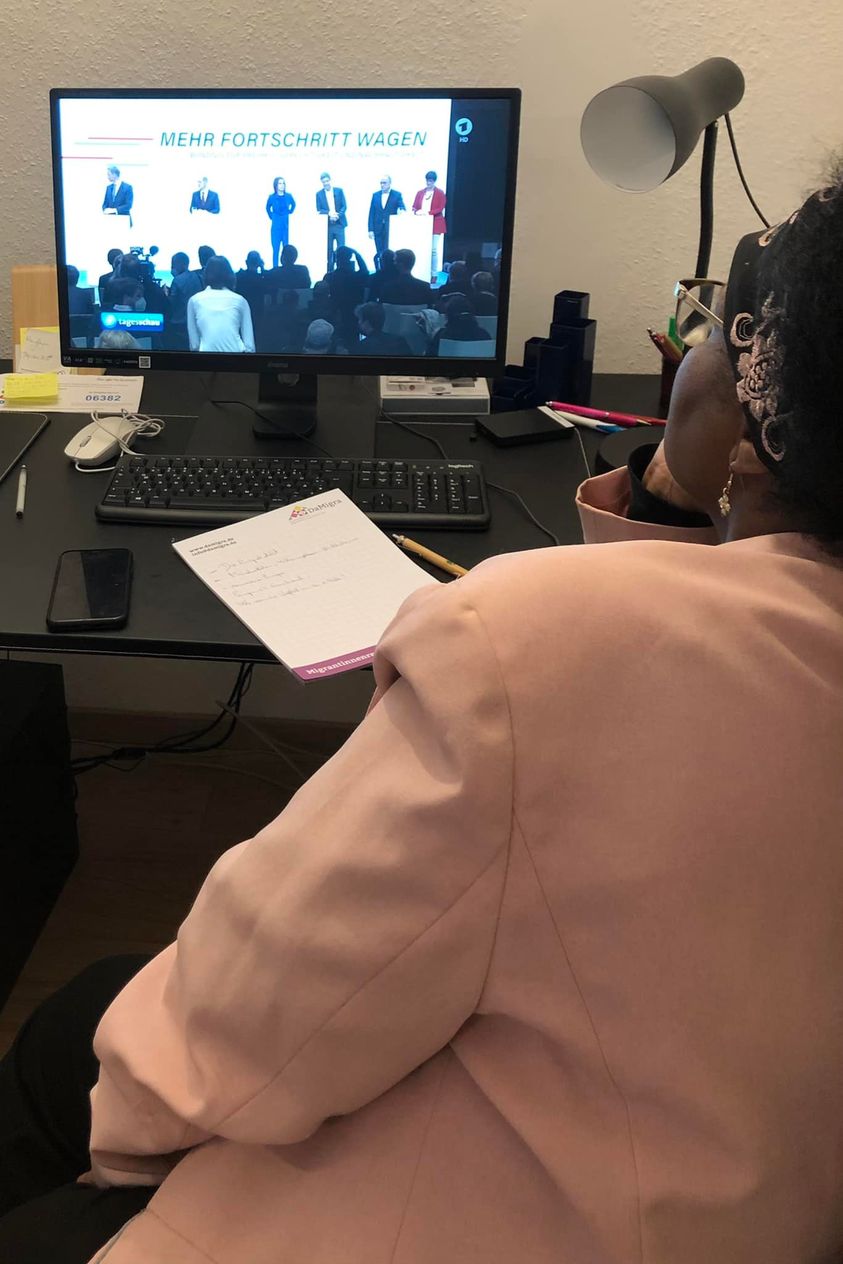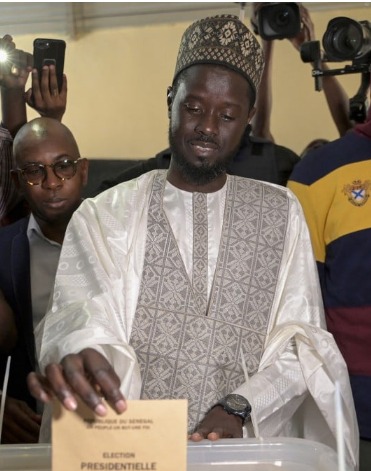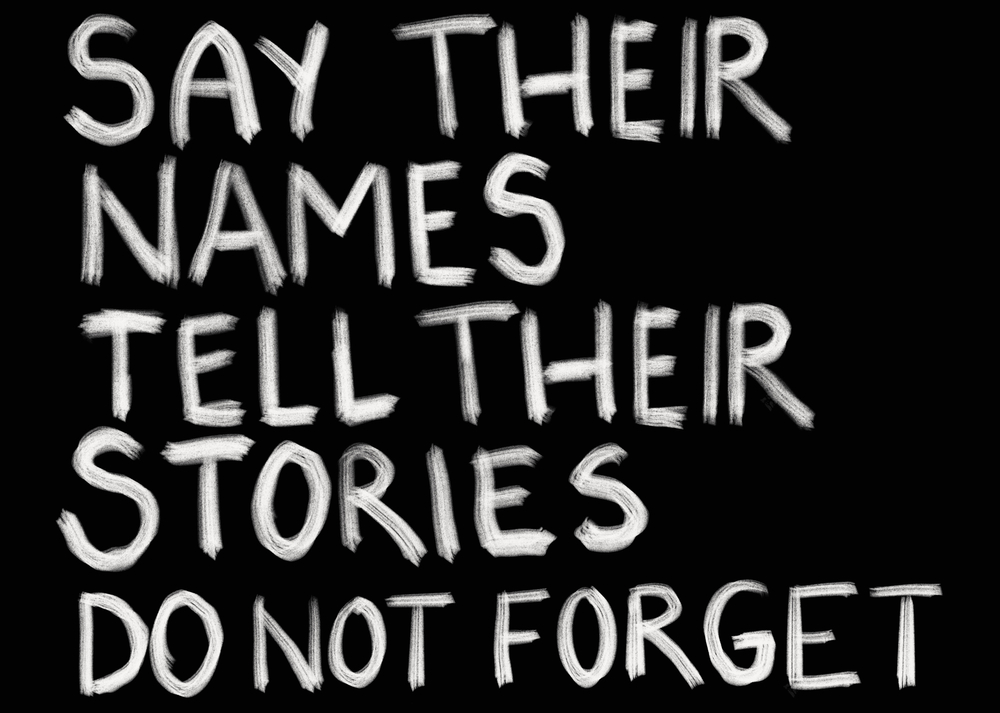Am 24. November haben die Spitzen von SPD, Grünen und FDP den Koalitionsvertrag der ersten bundesdeutschen „Ampelkoalition“ unterschrieben. Der Titel „Mehr Fortschritt wagen“ erlaubt uns, auf eine progressivere, fortschrittlichere und modernere Politik als während der nahezu zwei CDU-Dekaden zu hoffen.
Von herausragender Bedeutung für mich ist zunächst einmal vor allem das ganz klare und bedingungslose Bekenntnis zur Europäischen Union als solche: „Eine demokratisch gefestigtere, handlungsfähigere und strategisch souveränere Europäische Union ist die Grundlage für unseren Frieden, Wohlstand und Freiheit. In diesem Rahmen bewältigen wir die großen Herausforderungen unserer Zeit wie Klimawandel, Digitalisierung und Bewahrung der Demokratie“. In Zeiten von Wahlerfolgen euroskeptischer und nationalistischer Parteien in der Union ist dieses schlichte Bekenntnis zum erfolgreichsten Friedensprojekt der Europäischen Geschichte eine Wohltat.
Für meine Arbeit von besonderer Bedeutung sind die Abschnitte im Koalitionsvertrag, die mit „Rassismus bekämpfen“ und „Koloniales Erbe“ überschrieben sind. Ich möchte Sie hier für Sie zitieren und für mich besonders relevante Passagen markieren, auch, um Hoffnung zu machen auf ein Deutschland, frei von Demütigungen, Herabwürdigungen und deren Folgen:
„Wir werden die Arbeit zur Bekämpfung von Rechtsextremismus und Rassismus fortsetzen, inhaltlich weiterentwickeln und sie nachhaltig finanziell absichern. Wir entwickeln eine Strategie für gesellschaftlichen Zusammenhalt, Demokratieförderung sowie Extremismusprävention. Wir stärken die Arbeit gegen Hass im Netz und Verschwörungsideologien. Bei der Bekämpfung gruppenbezogener Menschenfeindlichkeit sind wichtige Schwerpunkte u. a. Die Arbeit gegen Antisemitismus, Antiziganismus, Rassismus, insbesondere gegen Schwarze Menschen, Muslimfeindlichkeit, Frauenhass und Queerfeindlichkeit sowie Angriffe gegen Geflüchtete und Engagierte.
Wir treiben die UN-Dekade für Menschen afrikanischer Herkunft voran (z. B. durch entsprechende Begabtenförderung und Unterstützung eines bundesweiten Community-Zentrums), bauen Forschung aus, stärken z. B. das Deutsche Zentrum für Integrations- und Migrationsforschung (DeZIM) dauerhaft und verstetigen seinen Rassismusmonitor. Wir setzen eine Anti-Rassismus-Beauftragte bzw. einen Anti-Rassismus-Beauftragten ein. Zur Umsetzung der EU-Roma-Strategie wird eine Nationale Koordinierungsstelle gegründet. Zudem richten wir eine unabhängige Monitoring- und Beratungsstelle für antiziganistische Vorfälle ein. Empfehlungen der Expertenkommission Antiziganismus greifen wir auf und setzen eine Antiziganismus-Beauftragte bzw. einen Antiziganismus-Beauftragten ein. Wir wollen den Gleichbehandlungsartikel des Grundgesetzes (Artikel 3 Absatz 3 GG) um ein Verbot der Diskriminierung wegen sexueller Identität ergänzen und den Begriff „Rasse“ im Grundgesetz ersetzen.“
(…)
„Um die Aufarbeitung der deutschen Kolonialgeschichte voranzutreiben, unterstützen wir auch die Digitalisierung und Provenienzforschung des kolonial belasteten Sammlungsgutes und dessen
Zugänglichmachung auf Plattformen. Im Dialog mit den Herkunftsgesellschaften streben wir
Rückgaben und eine vertiefte ressortübergreifende internationale Kooperation an. Wir unterstützen
insbesondere die Rückgabe von Objekten aus kolonialem Kontext. Außerdem entwickeln wir ein
Konzept für einen Lern- und Erinnerungsort Kolonialismus.
Unsere Kulturpolitik leistet einen Beitrag für eine gemeinsame Zukunft zwischen Europa und Afrika. Wir schaffen ein Sonderprogramm „Globaler Süden“. Wir wollen koloniale Kontinuitäten überwinden, uns in Partnerschaft auf Augenhöhe begegnen und veranlassen unabhängige wissenschaftliche Studien zur Aufarbeitung des Kolonialismus.“
In meiner Funktion als Delegierte der Europäischen Union im Diversitätsrat der Grünen, werde ich mit besonderem Nachdruck immer wieder auf diese Zielsetzungen der Regierung hinweisen und meinen Beitrag leisten, sie in Vorschläge für konkrete, handhabbare Ziele zu übersetzen. Dass die UN-Dekade für Menschen afrikanischer Herkunft als Motor für bestimmte Handlungsschritte in den Koalitionsvertrag aufgenommen ist, stimmt mich optimistisch, wenn auch die Dekade schon zur Hälfte der Legislaturperiode enden wird. Ich werde mich dafür einsetzen, die Ziele dieser UN-Dekade – Anerkennung, Gerechtigkeit und Entwicklung – über 2025 hinaus im Blick der regierungsbeteiligten Parteien zu behalten.
Ein wichtiger Schritt, um Rassismus bei der Wurzel zu packen und auch, um Dekolonialisierungsprozesse voranzutreiben ist, das Wissen, um Schwarze Geschichte zu erhöhen. Die Einführung von Black Studies an deutschen Universitäten wäre ein wichtiger Meilenstein dafür. Auch in meiner Funktion als Abgeordnete im Europäischen Parlament werde ich alles in meiner Macht stehende dafür tun, um auf europäischer Ebene für Critical Whiteness und eine EU-Afrika-Politik auf Augenhöhe zu werben.
Zuletzt unterstütze ich ausdrücklich die Aufforderung der neuen Bundesregierung, in Zukunft vehementer gegen die Staaten vorzugehen, die den gemeinsame Rechtsrahmen der Europäischen Union nicht achten. Die Charta der Grundrechte der Europäischen Union, vor rund 21 Jahren unterzeichnet und verkündet, nimmt uns in die Pflicht für die konsequente Wahrung dieser selben Sorge zu tragen und dies auf unverhandelbare Weise. Nur so können wir die Glaubwürdigkeit der Friedensnobelpreisträgerin ‚Europäische Union‘ und die Würde jeder und jedes Einzelnen hier in Europa gewährleisten.
Ich bin zuversichtlich, dass die neue Bundesregierung die Europäische Union stärken, modernisieren und einen kann. Die deutsche Verantwortung in Europa war und ist beträchtlich, gleichzeitig jedoch muss uns klar sein das kaum ein anderes Land bisher so nachhaltig vom Europäischen Gedanken profitiert hat wie die Bundesrepublik. Wir sind es Europa und der Welt schuldig, dieses einzigartige Friedensprojekt zu schützen, weiterzuentwickeln und zu stärken!




